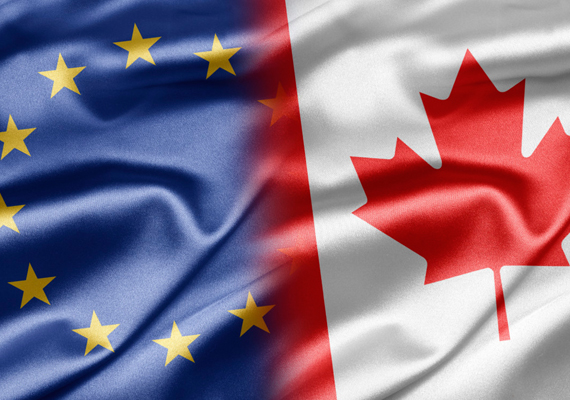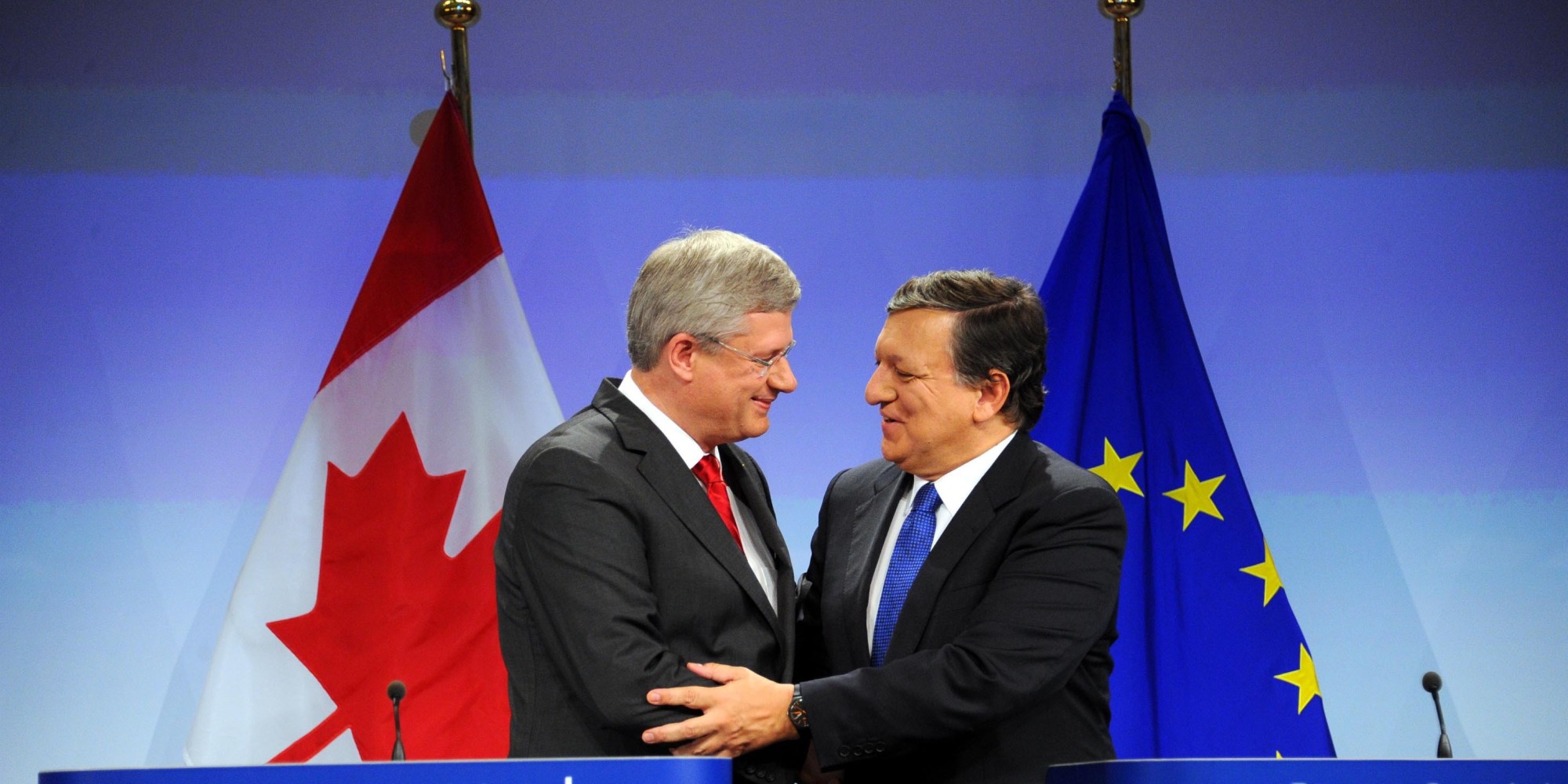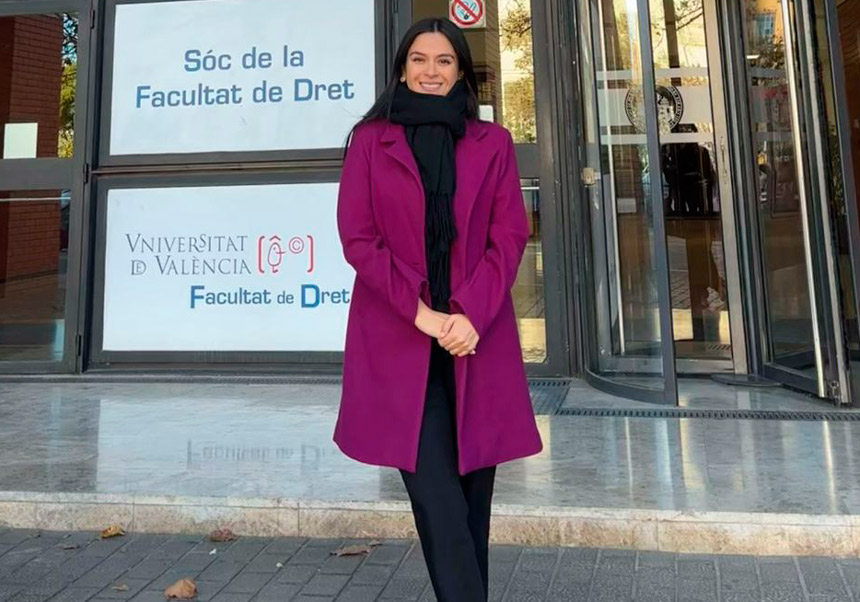
23 march 2016
Dr. Enrique Fernández Masiá, guest lecturer in the seminar Nuevos escenarios de Justicia en la Unión Europea (New Justice Scenes in the European Union), which took place on 4 March, leave us this interesting reflection on the Comprehensive Economic and Trade Agreement between the European Union and Canada.
On 29 February 2016 it was published the new text of the Comprehensive Economic and Trade Agreement between the European Union and Canada –commonly known as CETA. Surprisingly, and taking advantage of the “legal purge” of the final text that had been agreed on September 2014, the content of this agreement in relation to the capital of investments has suffered a huge change. Even more, specifically, in relation to the investor-State dispute resolution system.
It should be recalled that in the text of 2014 the investor-State dispute settlement –ISDS– was taken into account. A dispute settlement that has also been included subsequently in the Agreement of the EU with Singapore. Nevertheless, in the negotiations that are taking place with the United States to get to a Free Trade Agreement –the TTIP–, the European Union has brought to the table a new position on this matter based on the creation of an International Court of Investments. This new system differ in the fundamental points on the settlement, getting closer to a legal procedure that is configured in a justice system in two levels: a procedure before the Court of First Instance and, in the second place, an Appelate Body.

Image source: panamericanworld.com
This new International Court System –ICS– has been included for the first time in the text agreed on 2 December 2015 in the Free Trade Agreement between the European Union and Vietnam. As we pointed out, very recently it has been also accepted by Canada. The new system, among other aspects, comprises:
- Publicly designating the judges by the States that take part in the agreement;
- Deleting any conflict of interests’ suspicion of the members of the Court;
- Accepting a total transparency in the proceedings;
- Favouring the procedural options of SMEs.
The triumph of the position of the European Union regarding this matter in its Agreement with Canada allow us for venturing that the position of the EU in the negotiations with the United States has been really strengthened. In the twelfth round of negotiations between the parties carried out at the end of February, it has been discussed for the first time the positions of the parties on this matter. United States advocates for the maintenance of the investments settlement, a system that has gone through important reforms in the last years, taking as a model the one considered in the capital investment of the recent Trans-Pacific Partnership.
By its part, the EU will try to include the new system based on an International Court. Negotiations are expected to be hard, even more if, as the parties have expressed, they want to reach an agreement before the end of 2016. If the position of rupture with the current dispute settlement system is finally included in the agreement with the United States, it can constitute a fundamental step for reaching a multilateral system based on an International Courts of Investmens in the future.
Enrique Fernández Masiá is tenured university professor of Private International Law at the University of Castilla-La Mancha. Furthermore, he takes part in the research project ADR and Justice: Globalisation or Localisation? PROMETEO II2014081 Project (GV), developed jointly by the Universitat de València, the University of Castilla-La Mancha, the Pablo de Olavide University and the University of the Basque Country (UPV/EHU), and in which also participates the professor of the University Master’s Degree in Law, Business and Justice, Business and Justice, the Dr. Silvia Barona Vilar.
Enrique Fernández Masiá is also author of numerous scientific articles published in the most renowned specialised media. Some of them are El Incierto Futuro del Arbitraje de Inversiones en Latinoamérica and Una Relación Completa: Competencia de los Tribunales y los Tratados de Protección y Promoción de Inversiones.













